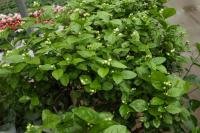Crystal iced vegetable
Crystal iced vegetables, also known as iced vegetables and iced grass. Because its body is full of transparent bubbles, which hang all over its body like ice crystals in the sunlight. And the liquid in these bubbles also contains salt, so you don't need to put salt in cooking
Planting skills
1. Sow
As long as the soil is soft. You can use special soil for seedling raising or earthworm soil. Level and water the soil before sowing, and then sprinkle the seeds on the soil surface
Because the seeds of iced vegetables are very small, we only need to cover a thin layer of soil. Spray water mist evenly after covering the soil and wait for germination
2. Post broadcast management
The temperature of ice vegetable seed germination should be controlled between 20 ~ 25 ℃. For example, the temperature was too high last month, and many vegetable friends' seeds did not germinate
In terms of water content, we should observe at any time. If we find that the soil becomes dry, we should water it in time. When the seedlings grow four real leaves, we can transplant them into a larger flower pot
We should pay attention to the maintenance at ordinary times. Iced vegetables are drought tolerant plants. We can wait until the soil is dry before pouring, and appropriate drought is conducive to the formation of ice crystals
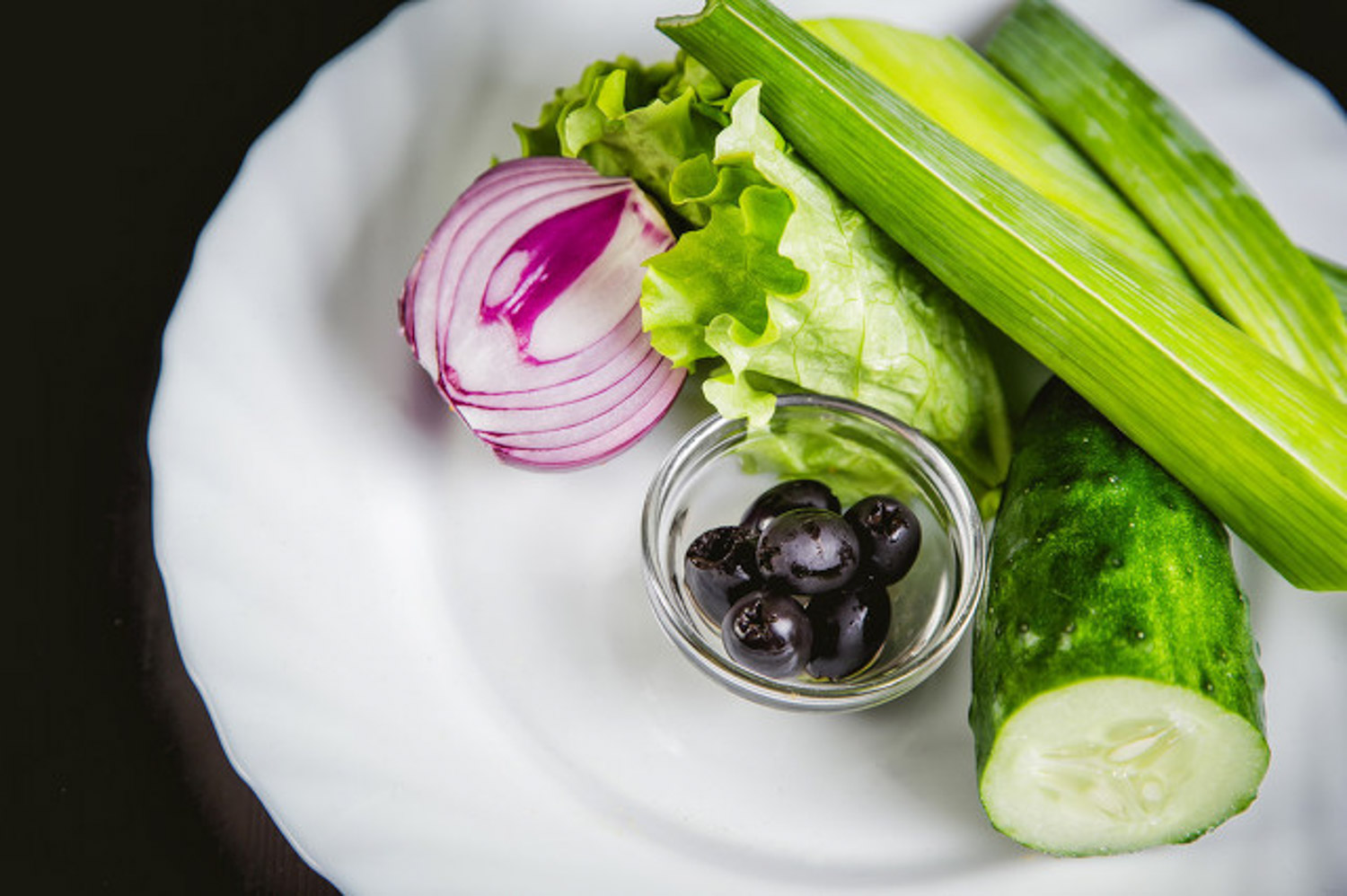
Harvest
Generally, we can harvest it within one month after transplanting. Its meristematic ability is particularly strong. When the lateral branches grow to more than 15cm, we can cut them 10cm below the stem tip with scissors
Iced vegetables can be harvested many times, that is to say, we can pick them continuously, and over time, you will find that it can also produce white flowers and harvest seeds after withering
Cooking recommendation
Wash the picked ice vegetables, soak them in clean water, drain the water, transfer the peanut butter with warm water, pour it evenly on the ice vegetables, and then drop a few drops of white vinegar. It is absolutely delicious in the world
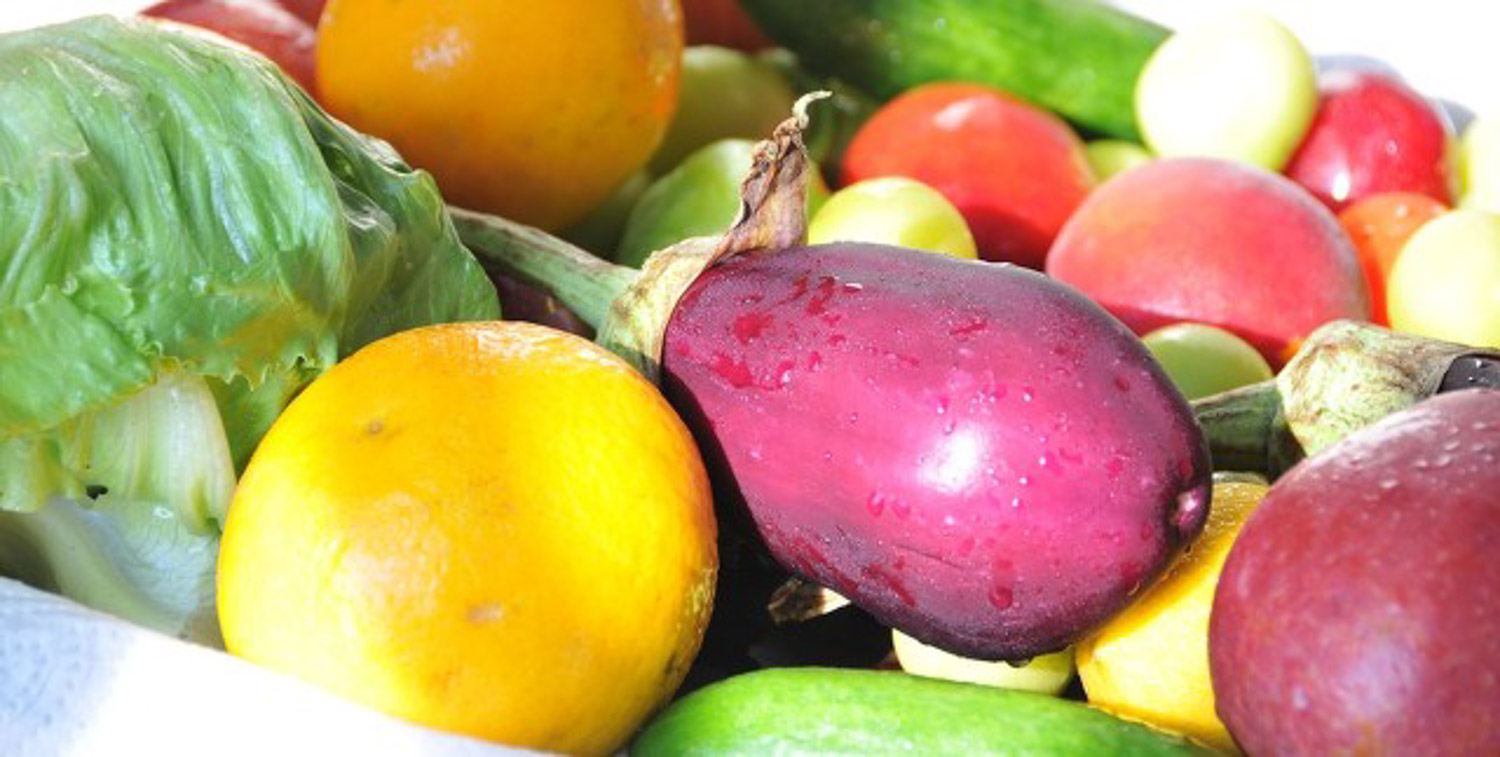
Andrographis paniculata
The Andrographis paniculata mentioned here is not used as medicine, but common on the table in recent years. In fact, it is the peony Chlorophytum we usually grow. Its leaves are edible. I wonder if flower friends have planted this kind of flower at home
Planting skills
1. Cutting
If you want to plant Andrographis paniculata at home, in fact, you don't have to be so troublesome. Let's go to the vegetable market and buy some back. Leave one or two trees before cooking and cut them directly
Generally, the stout top branches are selected, and the stems are cut into cuttings of about 8cm, which can be inserted in loose soil
2. Post insertion management
After cutting, slowly pour enough water and place it in a cool and ventilated place. Under normal circumstances, seedlings can be formed in one month, and its growth speed is super fast
In normal maintenance, it should be given sufficient light to avoid summer exposure and sufficient water supply, but pay attention not to ponding
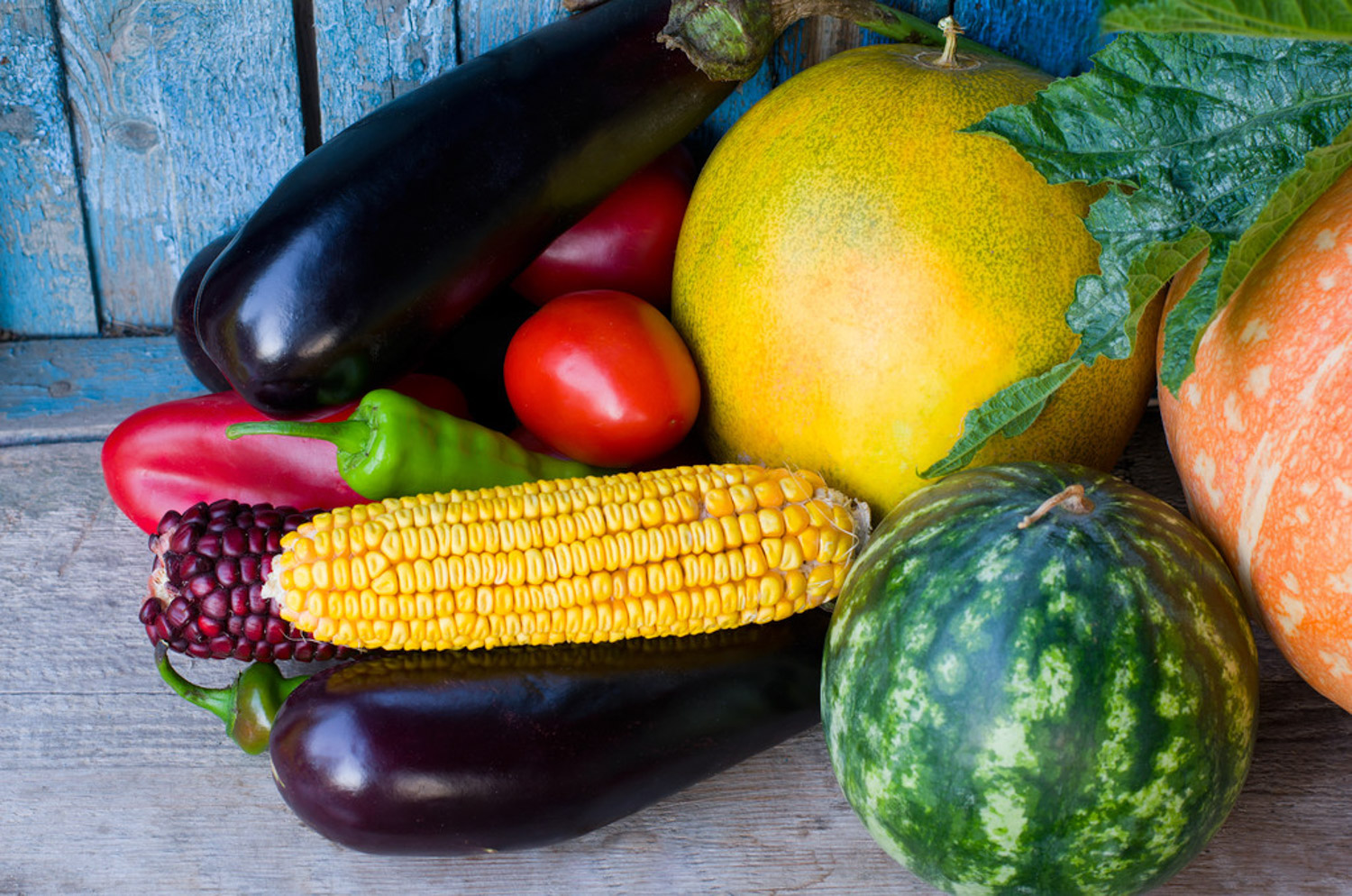
Harvest
Generally, it can be harvested one week after picking the heart. Choose a tender tip of about 7cm and leave 3 ~ 4 leaves at the lower part. We should harvest it often when the plant grows up
Once harvested, as long as the temperature is appropriate, it can quickly grow new branches. It is absolutely no problem to supply once a half month
Cooking recommendation
Wash the picked Andrographis paniculata, blanch it in boiling water, rinse it with cold water, remove and drain the water, add minced garlic, salt, vinegar, sugar and chicken essence, mix well and then eat it. It's a very good cold dish
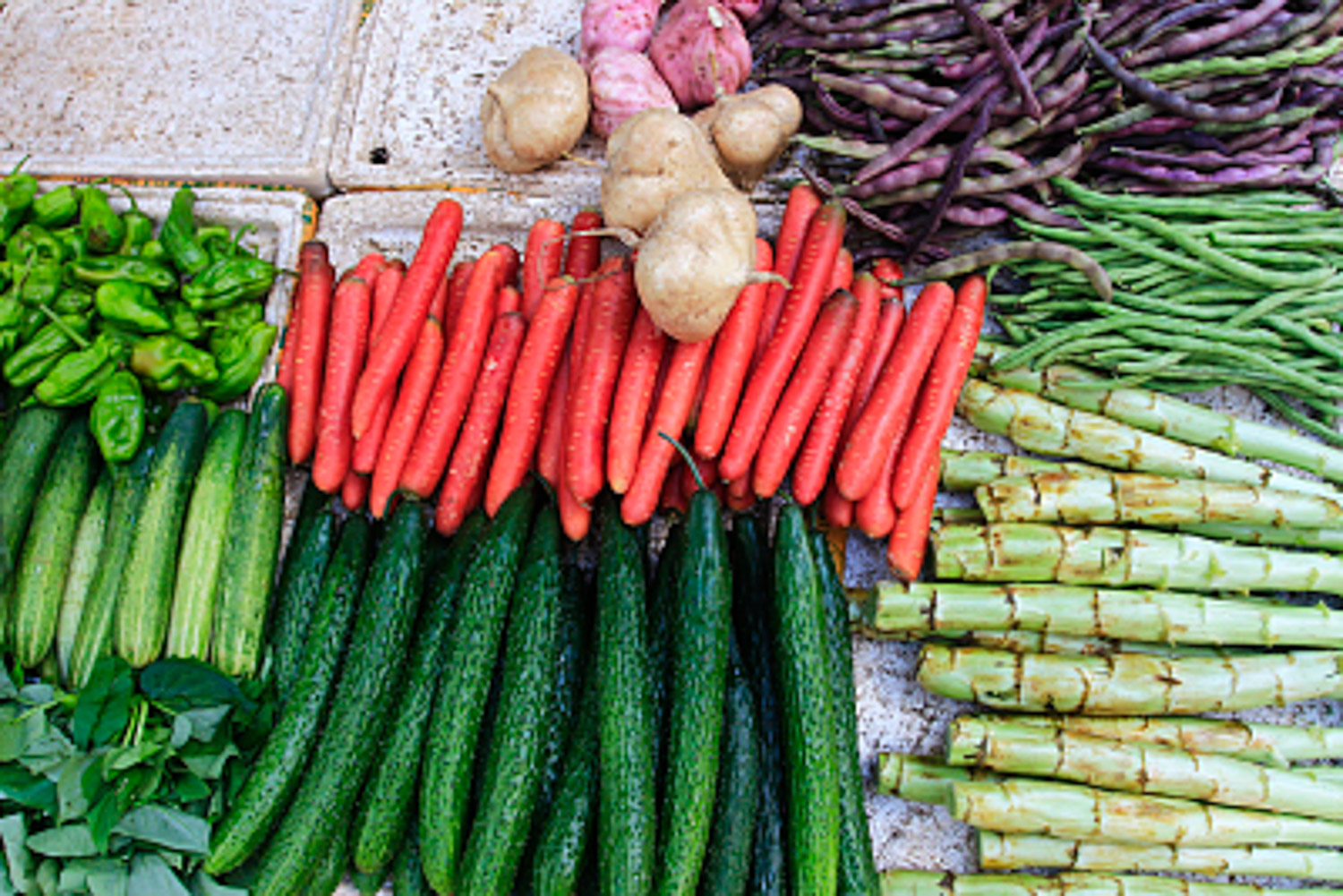

 jackfruit
jackfruit snake plant
snake plant hibiscus
hibiscus hydrangea
hydrangea lavender
lavender Green roses climb al...
Green roses climb al... If you don't pay att...
If you don't pay att... Management of four g...
Management of four g...























